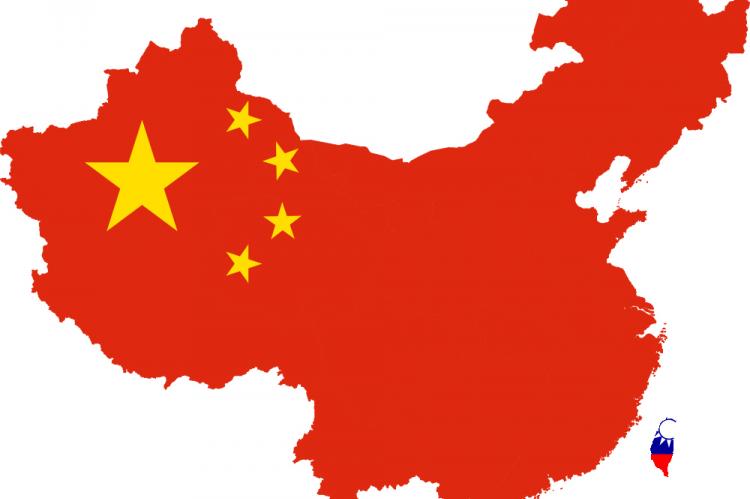"How China's Belt and Road Initiative is Changing the Diplomatic Landscape in Latin America and the Caribbean, Shifting Support from Taiwan to Mainland China"
By: NP Special Correspondent
Belize City: Sunday 26th February 2023
In recent years, Taiwan has lost much of its diplomatic support in Latin America and the Caribbean, as countries have increasingly shifted their recognition from Taiwan to China. This shift can be attributed to China's increased diplomatic efforts to isolate Taiwan and woo countries to switch their allegiance. China has been offering financial aid, investment, and infrastructure projects to countries that switch their recognition, which can be attractive to countries with weak economies or in need of foreign investment.
China has focused on building diplomatic ties with countries in the region, including the Dominican Republic, Nicaragua, and El Salvador, which were previously allies of Taiwan. China has increased its presence in the region through investment in infrastructure and resource extraction, as well as through its Belt and Road Initiative (BRI). The BRI is a large-scale infrastructure and investment program launched by the Chinese government in 2013, which aims to connect China with other parts of the world through infrastructure projects.
While Taiwan has historically enjoyed strong ties with countries in the region, China's increased diplomatic efforts, financial aid, and investment in the region have contributed to Taiwan's loss of support. The economic situation in these countries may also be a factor in their decision to switch their allegiance from Taiwan to China, as countries that are struggling economically may be more willing to accept China's offers of financial assistance and investment.
The BRI, which involves the construction of a network of highways, railways, and other infrastructure projects connecting China with various regions around the world, has been met with both enthusiasm and criticism. While some see the initiative as a way to drive economic development and create new opportunities for trade and investment, others have raised concerns about the potential for debt traps, environmental damage, and political influence in countries that are part of the initiative.
It is important to consider the broader geopolitical and economic factors that are driving shifts in international relations in the region. While Taiwan has traditionally relied on a small group of diplomatic allies for support, it is also pursuing other avenues of international engagement, such as economic cooperation and cultural exchange. For example, Taiwan has been actively promoting its "New Southbound Policy," which seeks to strengthen ties with Southeast Asia, South Asia, and Oceania.
In conclusion, while it is important to acknowledge the support that Taiwan receives from a few key diplomatic allies, it is also important to consider the broader factors that are driving shifts in international relations in the region. The Belt and Road Initiative, China's increased diplomatic efforts, and the economic situation in countries are all factors that are contributing to Taiwan's loss of support.
- Log in to post comments

